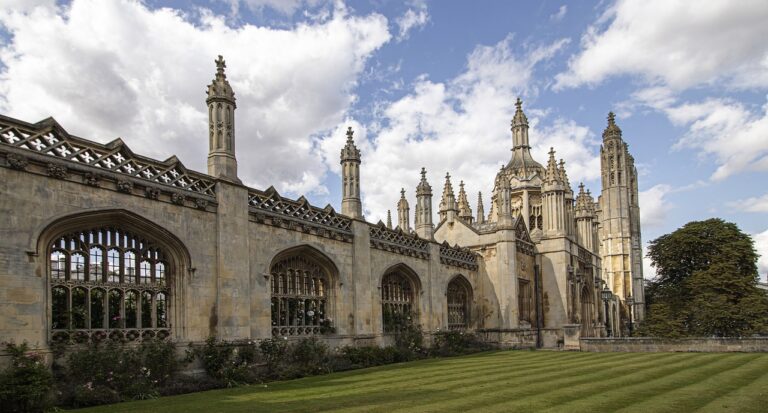Exploring Culturally Responsive Approaches to Social Studies Education
Culturally responsive teaching involves recognizing the diverse backgrounds and experiences of students in the classroom. It emphasizes the importance of incorporating students’ cultural identities, languages, and perspectives into the curriculum, creating a more inclusive learning environment. By integrating students’ cultural backgrounds and experiences into the teaching approach, educators can better engage students and help them feel valued and respected.
Another key principle of culturally responsive teaching is recognizing and challenging biases and stereotypes in the curriculum and teaching practices. Educators should strive to present diverse perspectives and voices in the material they teach, avoiding a one-size-fits-all approach. By acknowledging and addressing biases and stereotypes, teachers can foster a more inclusive and equitable learning environment that honors and respects all students’ identities and backgrounds.
Understanding the Importance of Diversity in Social Studies Education
Social studies education that embraces diversity plays a crucial role in fostering a deeper understanding of different cultures, traditions, and perspectives. By incorporating diverse voices and experiences into the curriculum, students are exposed to a more comprehensive view of the world around them. This exposure not only promotes empathy and respect for others but also helps cultivate critical thinking skills.
Furthermore, a diverse social studies curriculum helps students develop a more nuanced understanding of history and current events. By examining different viewpoints and historical narratives, students are able to form their own opinions and make connections between past and present issues. This not only enhances their analytical skills but also prepares them to be informed and engaged global citizens.
What is culturally responsive teaching?
Culturally responsive teaching is an approach to education that recognizes the importance of incorporating students’ cultural backgrounds and experiences into the curriculum in order to make learning more meaningful and relevant.
Why is diversity important in social studies education?
Diversity is important in social studies education because it allows students to gain a more comprehensive understanding of the world around them. By learning about different cultures, perspectives, and histories, students are better equipped to navigate an increasingly diverse and interconnected society.
How can educators incorporate diversity into their social studies curriculum?
Educators can incorporate diversity into their social studies curriculum by including a diverse range of perspectives, histories, and cultures in their lessons. This can be done through the use of diverse texts, guest speakers, and hands-on activities that highlight different cultural experiences.
What are some benefits of incorporating diversity into social studies education?
Some benefits of incorporating diversity into social studies education include fostering empathy and understanding among students, promoting critical thinking and problem-solving skills, and preparing students to be active and engaged global citizens.
How can educators address potential challenges in implementing culturally responsive teaching practices?
Educators can address potential challenges in implementing culturally responsive teaching practices by seeking professional development opportunities, collaborating with colleagues, and continuously reflecting on their own biases and assumptions. It is also important for educators to actively involve students in the learning process and create a supportive and inclusive classroom environment.





